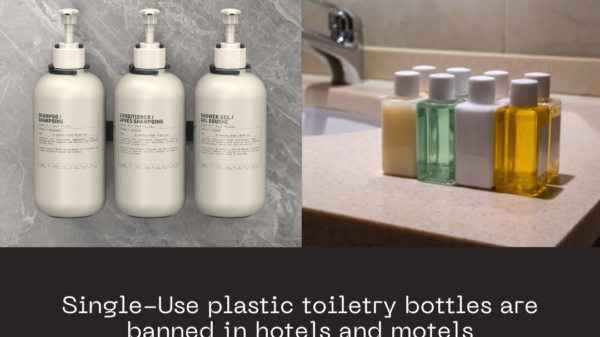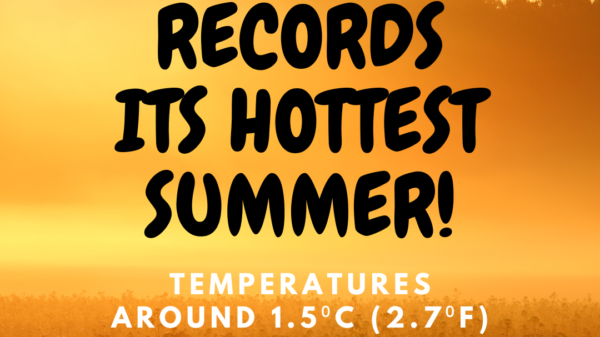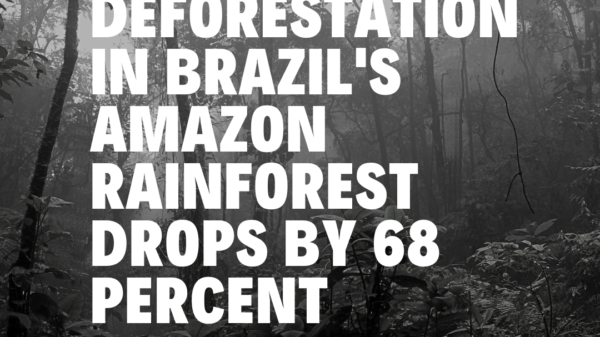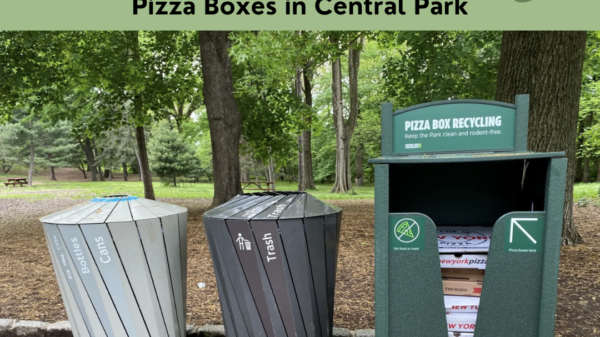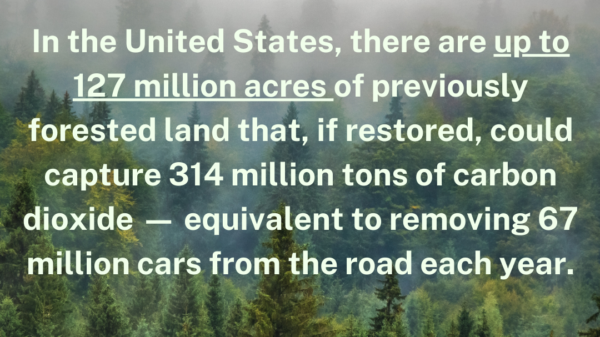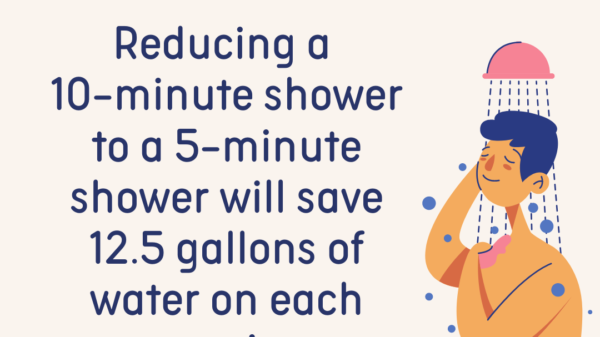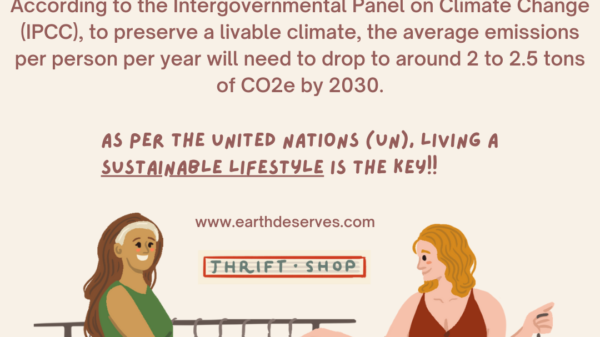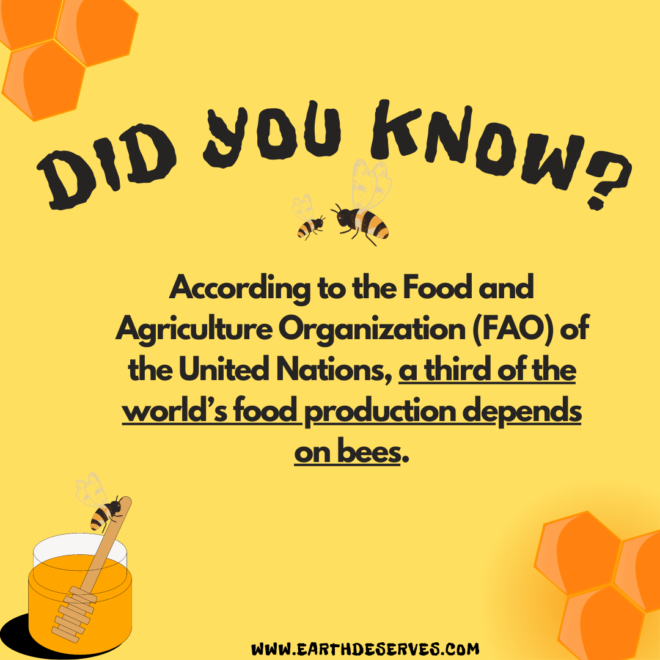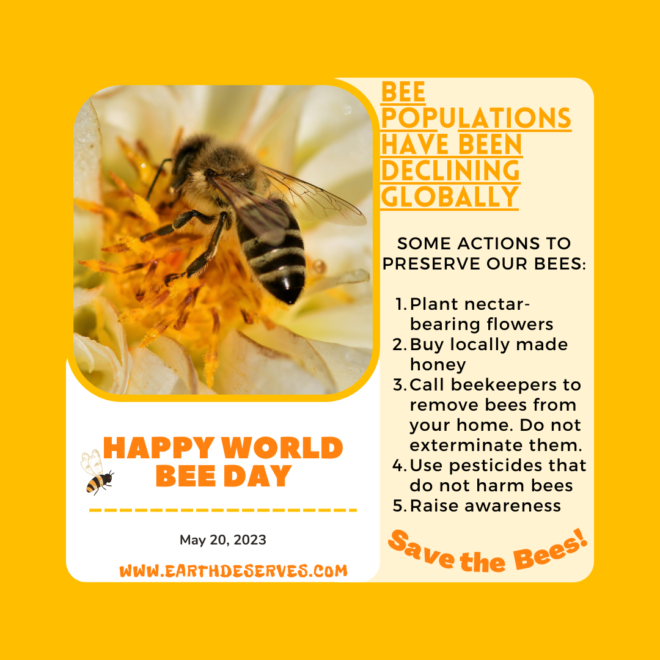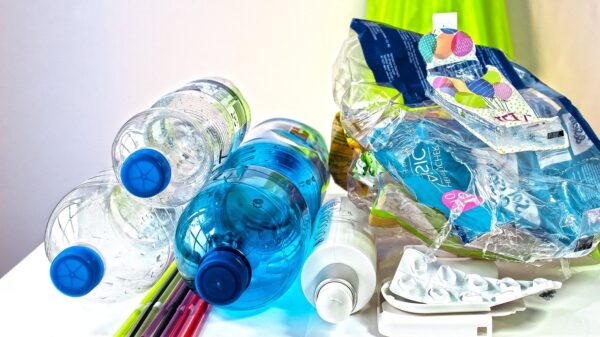Bees are an important part of our biodiversity. They work as crop pollinators contributing to a third of the world’s food production. These insects produce honey, pollen, royal jelly, beeswax, propolis, and venom which have several uses as lubricants, sealants, construction materials, medicines, and food. The U.S. is a major producer and worldwide supplier of beeswax. Also, beekeeping serves as an important source of income to many.
Unfortunately, a bacterial disease called American foulbrood is destroying entire colonies of bees. The good news is there are three-FDA (U.S. Food & Drug Administration) approved antibiotics available to control the disease. Bee populations have been declining due to human activities over habitat loss, construction, change in weather patterns, farming practices and use of pesticides. Pesticides and air pollutants also pose a major threat to bee’s survival.
To save bees from their perilous future, here are some actions you can take to help preserve our pollinators:
- Plant nectar-bearing flowers on your balconies, terrace or gardens.
- Buy locally made honey.
- If you locate bees at home, please do not exterminate them. Call local beekeepers who can remove swarms of colonies from your home.
- Use pesticides that do not harm bees.
- Raise awareness on the importance of bees.
https://www.unep.org/news-and-stories/story/why-bees-are-essential-people-and-planet




